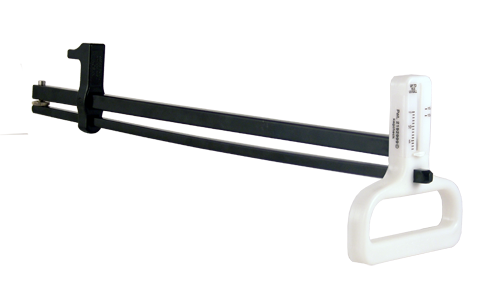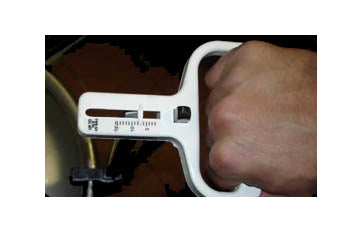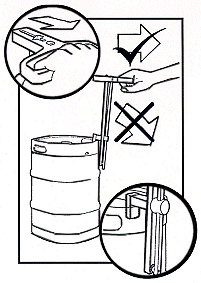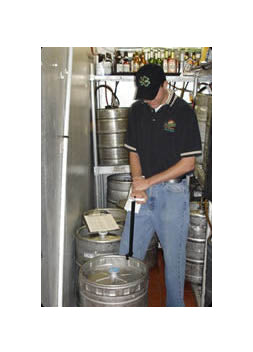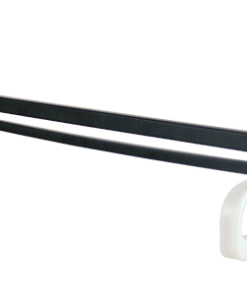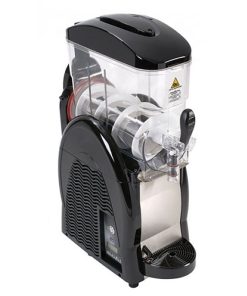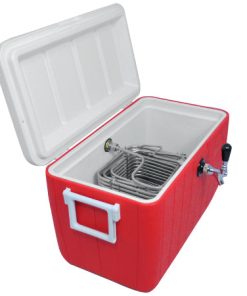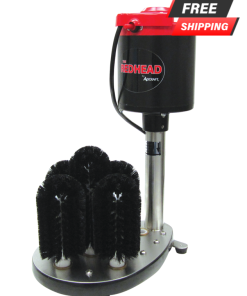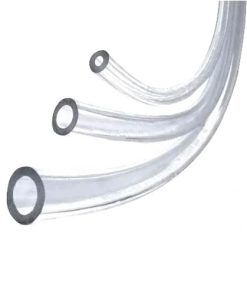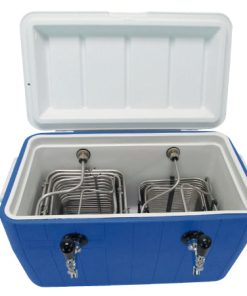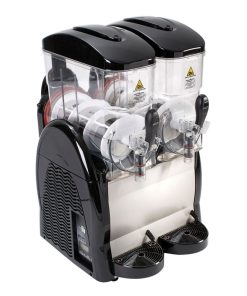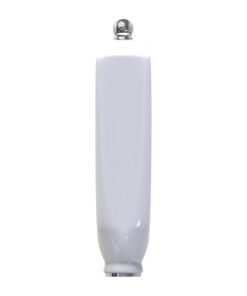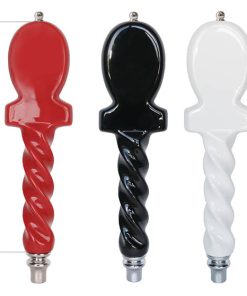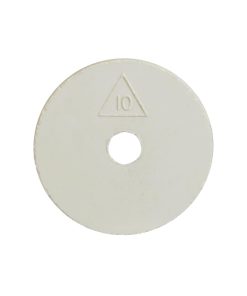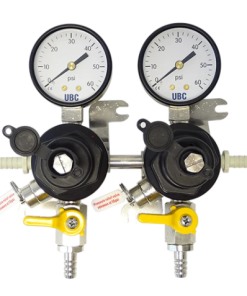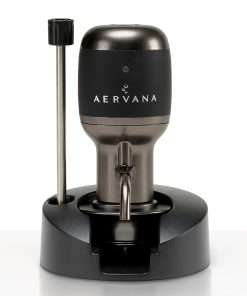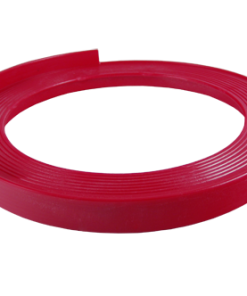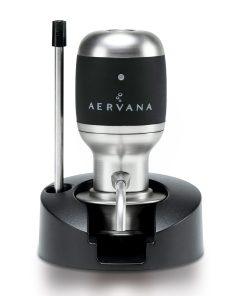Draft Check BarProducts
$ 209,95 $ 83,98
Paying big for the rough estimates of yesterday? With this measuring tool you can now indicate how much is left in your kegs! This one-of-a-kind barware tool let’s you tale draft stock-takes fast and easy. Before now it’s been only guesswork. Finally, an easy solution to this problem. Never pay for guesswork again. Instruction Booklet included.
- Are your stock-check figures correct?
- Are your beer kegs always full when delivered?
- Are your beer suppliers reporting your bad-keg returns correctly?
- On your days off and vacations, are your draft beer sales genuinely correct?
- Is your ‘cash-register’ or ‘POS system’ reported stock the same as your actual stock?
If you can’t answer “yes” to all of these questions, You need a Draft Check!
- The Draft Check should be used on a good level floor surface but in locations where this is not possible, or too inconvenient to avoid a sloping floor, try to operate so that the Draft Check is pulled up the slope.
- Always look to see that both the cooler room floor and the keg’s bottom rim are undamaged in the area immediately below the Draft Check where the keg will be supported when it is tilted. A piece of flat hard material should be placed here if there is no good floor surface available. Also make very sure that the keg is not stuck to the floor with dried beer, detergent etc.
- Clip the Draft Check onto the edge of the keg as shown in the diagram.
- Slowly pull the handle horizontally (as illustrated) towards you until the far side of the keg is clear of the ground. Still moving slowly, gently ease the keg back to the floor. While easing the keg back, and before it actually touches the floor, the correct amount of the contents will be shown by the pointer on the scale.
- It is very important that the handle is moved slowly without snatching as sudden movement can temporarily show a misleading reading and/or the keg may become out of control.
- If a genuinely full keg fails to show a true reading after all the above precautions have been observed then the construction characteristics of that particular type of keg will be the cause.
- For example: if a full 15.5 gallon keg shows 16.5 gallons, then all similar kegs will read 1 gallon too much no matter how full they are. This may be taken into account on all future measurements or, if you prefer, the Adjusting Wheel (easily located at the end of the Draft Check) may be used by turning the wheel clockwise or anti-clockwise.
- The sole purpose of the Draft Check’s big square tube is to hold the pointer firmly in its correct position. It should not be used as a lever in any way. This could bend it and cause incorrect readings.
Fast Shipping with Professional Packaging
We provide a variety of shipping options owing to our long-standing relationships with UPS, FedEx and DHL. Our warehouse staff are highly trained to package your goods exactly as per the specifications we offer. Prior to shipping, your goods are carefully examined and securely secured. We ship to thousands of customers every day across multiple countries. This is a testament to our commitment to be the largest online retailer globally. Both Europe as well as the USA have warehouses and distribution centres.
Note: Orders with more than one item are assigned a processing period in accordance with the item.
Before shipping Our team will conduct a thorough inspection on the items you purchased. The majority of orders are delivered within 48 hours. The delivery time varies between 3-7 days.
Returns
The stock is constantly changing and not fully managed by us due to the involvement of several different parties, such as the factory and our warehouse. The actual inventory may fluctuate at any time. It's possible that your order may be unable to fill when you have placed the order.
Our policy lasts thirty days. If 30 days have passed by since your purchase, unfortunately we can't offer you a refund or exchange.
Your item should be in the original packaging and in good condition. It must also not be used. The item should be in its original packaging.
Related products
Draft Accessories
Draft Accessories
Draft Accessories
Draft Accessories
Draft Accessories
Nitrogen High Pressure Double Gauge Regulator – 160 psi BarProducts
Keg Accessory
Draft Accessories
Draft Accessories
Draft Accessories
Draft Accessories
Draft Accessories
Draft Accessories
Draft Accessories
Draft Accessories
Wine Aerators
Draft Accessories
Wine Aerators
Draft Accessories
Draft Accessories
Draft Accessories
Stainless Steel Clamp with Thumb Screw – 12-20mm BarProducts
